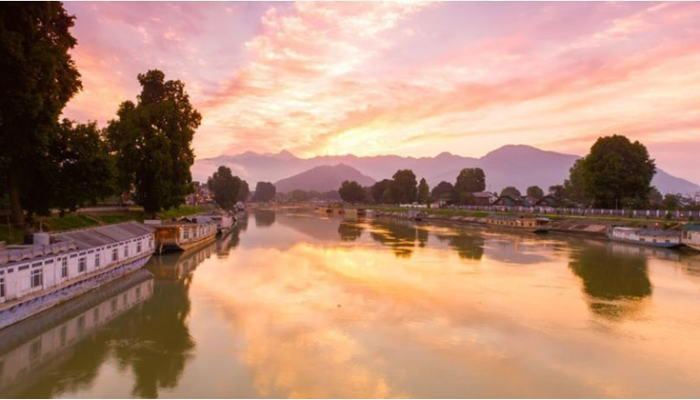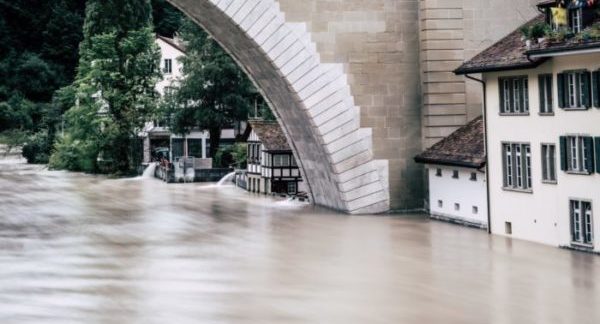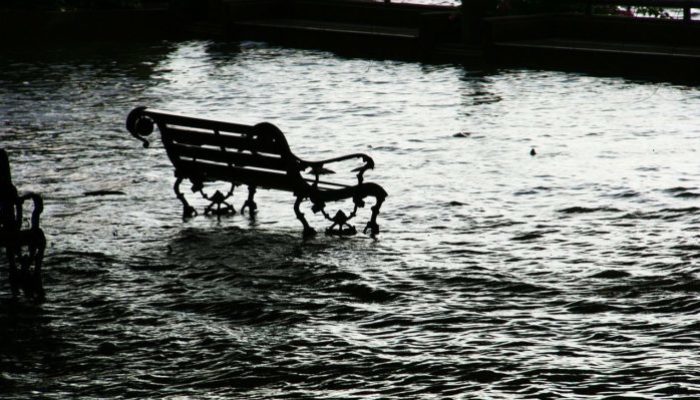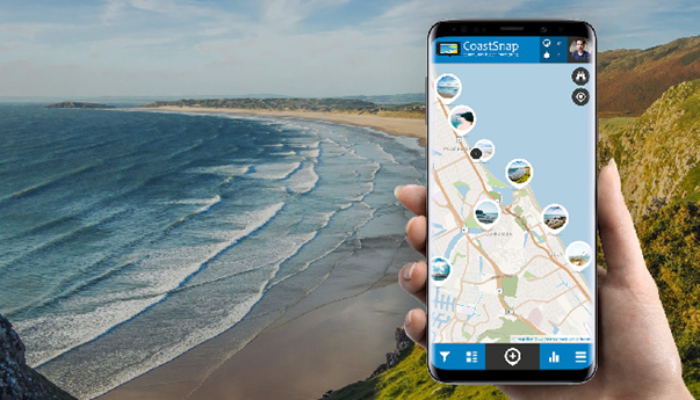Extreme hydrological events affect billions of people worldwide, and their negative impacts will likely increase due to climate change, urbanisation and ageing infrastructure. Further understanding of hydrological extremes and societal responses to floods is critical in mitigating flood risk and creating better urban environments. In today’s interview, we talk with Prof. Alberto Viglione. Al ...[Read More]
Discovering the CoastSnap project – Interview with Dr Mitchell Harley
CoastSnap is a global citizen science project aiming at monitoring the changes in our coastlines due to processes such as storms, rising sea levels, and human activities using smartphones. We will discover more about this promising project by chatting today with Dr Mitchell Harley, founder of the CoastSnap program. Mitchell is a Researcher and Senior Lecturer in the School of Civil and Environment ...[Read More]
Active faulting causes subsidence-related flooding: the example of the Kashmir basin of NW Himalaya

Flood hazards often turn destructive and cause substantial loss of life and assets. Annually floods cause significant damage; for example, during the last decade of the 20th century, around 100,000 people lost their lives, and more than 1.4 billion people were affected [1]. Historically, flooding has been viewed as a friend and foe of human civilisations. As a good friend, floods bring nutritious, ...[Read More]
The new President-elect of the EGU Natural Hazards Division: a talk with Heidi Kreibich

In today’s interview, we have the pleasure of talking with Dr Heidi Kreibich, lecturer at the Geography Department at Humboldt-Universität zu Berlin and head of the working group “Flood risk and climate adaptation” at the German Research Centre for Geosciences (GFZ). From her interest in investigating different types of flooding associated with complex physical and anthropogenic ...[Read More]


